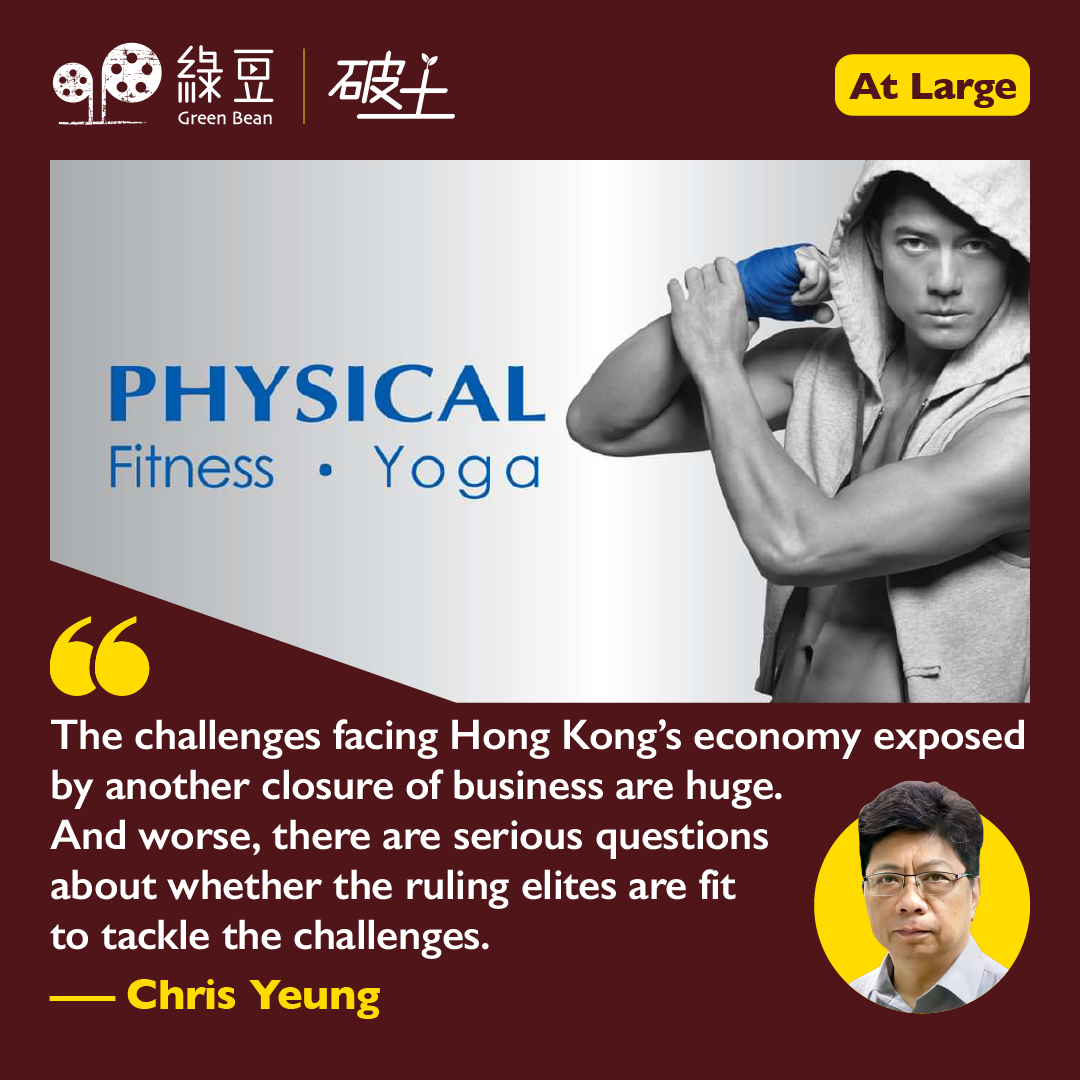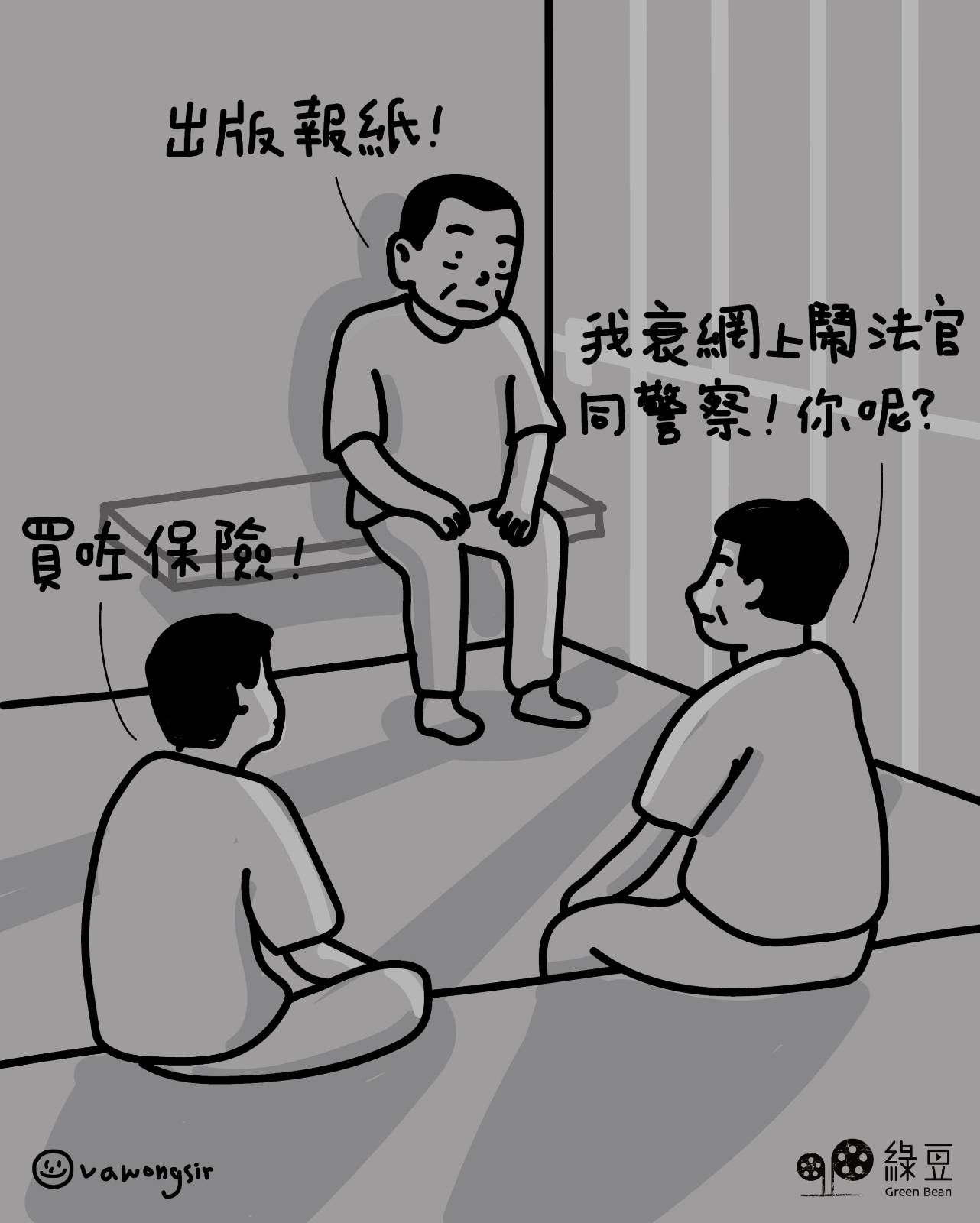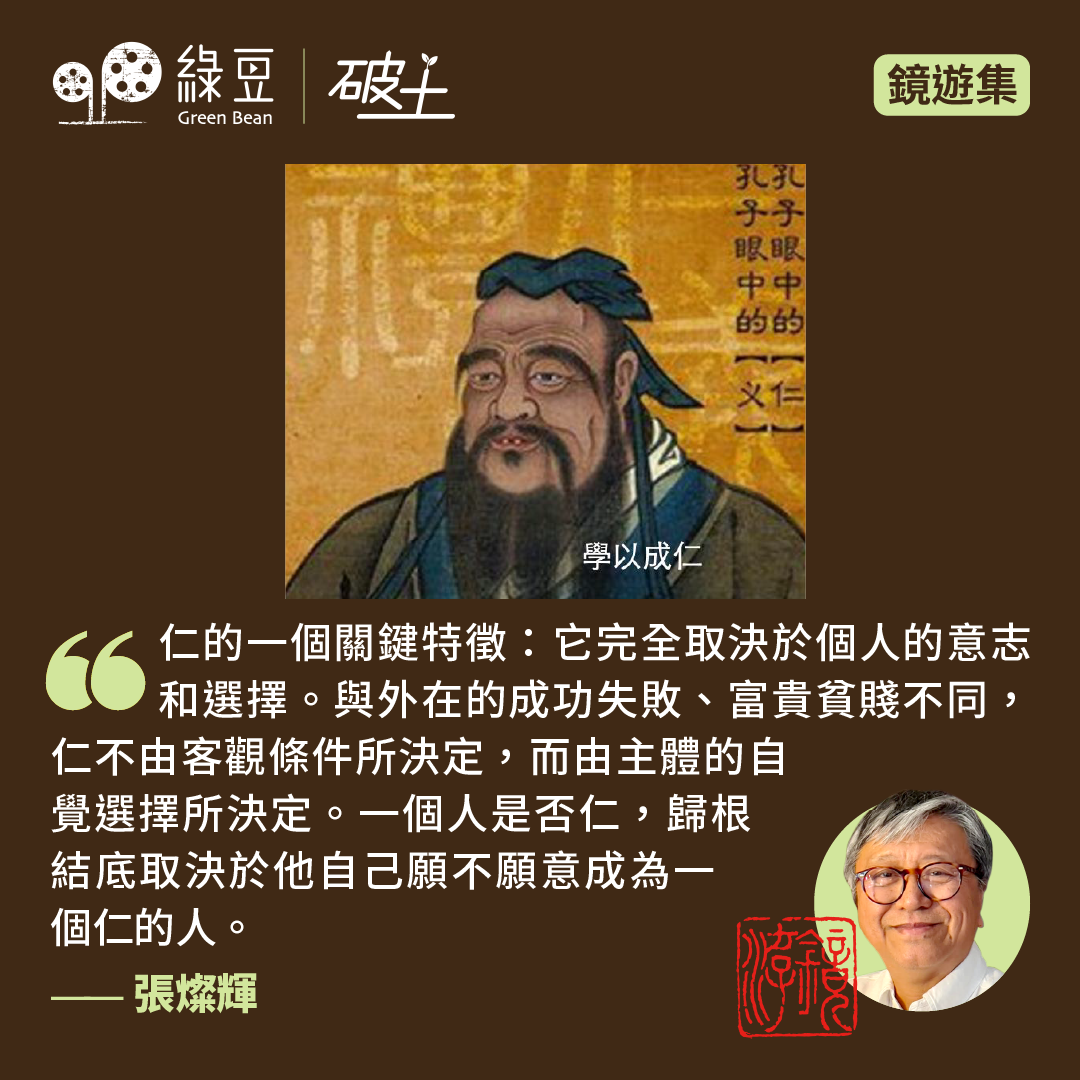Physical gym unfit to run amid economic woes

Hong Kong was largely left unharmed after Super Typhoon Yagi departed on Friday morning, causing no serious damages and injuries. Shortly after the typhoon warning signal was downgraded at lunch hours, most people returned to work as usual.
The quick return to normality has contrasted oddly with news of the sudden closure of Physical, a gym chain with a total of 14 branches across the city, after 38 years of business.
In a statement, the fitness chain said they had “witnessed the ups and downs of Hong Kong’s economy” and it was an “utterly regrettable and painful decision” to close. It described the closure as “temporarily” aimed for “restructuring” but did not say how long it would last.
Fierce competition in the past
Physical was established in 1986 and had 23 branches across the city, serving over 500,000 customers, according to the chain’s website. Only 14 locations were listed on their website this month.
It put the blame over the decision to close on the high rents being imposed by some landlords. “Although Hong Kong’s economic environment has gradually improved since the Covid-19 pandemic four years ago, some landlords of certain branches still maintained high rents,” the chain said.
It added talks were underway between a new investor and landlord to reopen existing gyms. There was no announcement as of Saturday morning.
The “temporary closure” of Physical Fitness followed the footsteps of several gym chains that were closed down in the past few years. Fitness First, which had eight branches, closed down in March 2022.
Due to the fierce competition in gym business, it is not surprising that only the fittest stands a better chance of survival.
Significant changes in the city
But coming in the midst of economic woes, the “temporary closure” of Physical has further exposed significant changes in the city that have seriously weakened the business environment.
The success of Physical coincided with the ascendency of the Hong Kong economy and, importantly, the growth of the middle class in the 1980s.
Despite economic fluctuations since then, the economy of the city has been largely in good shape in the past three decades – until the outbreak of Covid-19 pandemic that came at a time when the city was hit by social unrest.
The pandemic and the political turmoil have brought about seismic changes in the city’s economic and political landscape, sparking a fresh wave of migration and departure of expatriates. Of whom, many were middle- or high-income earners with spending power.
While migration has taken its toll on businesses that target the middle-class, another wave of Hongkongers heading north to dine and wine at the weekends has dealt another body blow not just to the catering sector, but businesses such as gyms. Of their customers, many were middle- or even high-income earners.
Taken together with high rent and staff cost, the waves of migration for a better life in countries such as the United Kingdom and for better value-for-money food and services across the border have emerged as two major stumbling blocks on the city’s march from “stability to prosperity.”
Huge challenge
Physical chain said in the statement they had witnessed “the ups and downs of Hong Kong’s economy.” The story of their rise and fall, at least temporarily, indeed says a lot about the enormity of the difficulties of the Hong Kong economy to come out of the economic doldrums.
With no sign of an easing of the socio-political strain and more signs of economic malaises, the trend of migration of the middle-class will continue, albeit at a markedly slower pace. Meanwhile, the number of returnees in the short-run will be small.
Similarly, the trend of Hongkongers flocking north for food, fun and bargains will continue with no sign of a sharp slowing.
Amid a slowing economy, the “temporary closure” of the fitness chain has not come as a big shock. On its face, the numbers are relatively small. About 700 people lost their jobs – temporarily. As of 4 pm Friday, the consumer watchdog had received 34 related complaints, with the amount involved reaching more than HK$1.9 million.
But the challenges facing Hong Kong’s economy exposed by another closure of business, this time intriguingly about fitness, are huge. And worse, there are serious questions about whether the ruling elites are fit to tackle the challenges.
▌[At Large] About the Author
Chris Yeung is a veteran journalist, a founder and chief writer of the now-disbanded CitizenNews; he now runs a daily news commentary channel on Youtube. He had formerly worked with the South China Morning Post and the Hong Kong Economic Journal.





